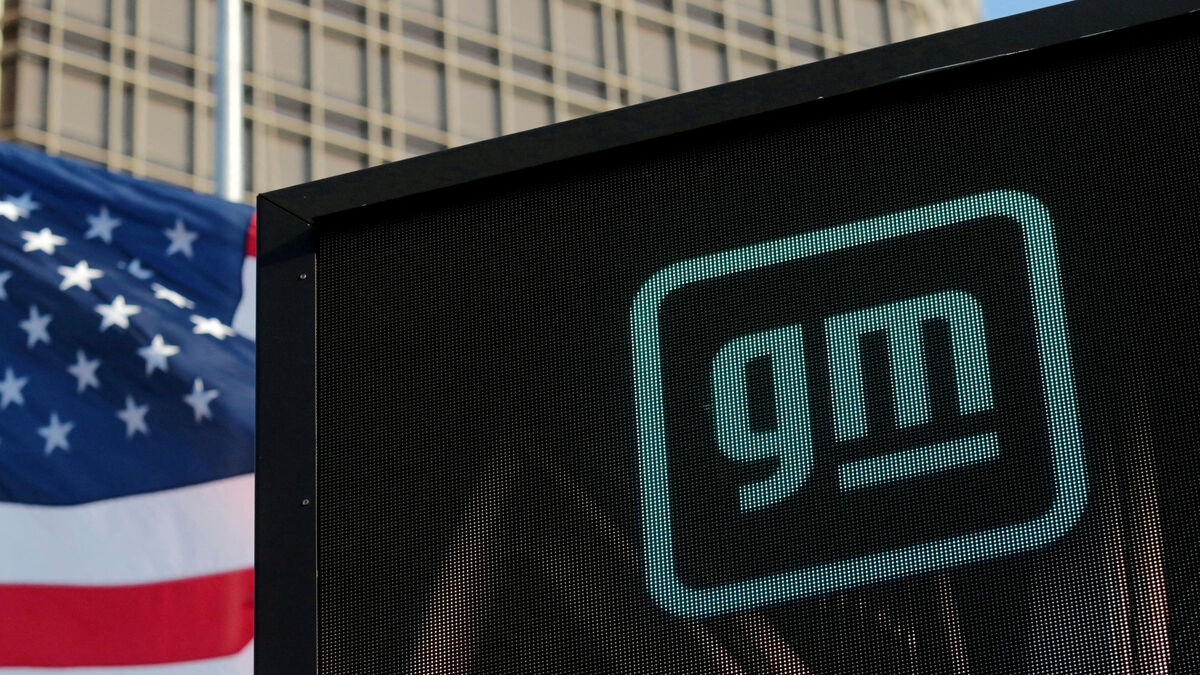Health. "It's extortion": Is this the end of overpriced hospital parking? A debate in the National Assembly this Thursday

For the past fifteen years or so, most healthcare facilities have outsourced the management of their parking lots to private companies. The rates charged have sparked outrage, even reaching the National Assembly, where three parliamentary groups have each tabled a bill.
Patients and visitors alike are forced to accept it: parking at the hospital means paying, sometimes for a hefty bill. "It's incredibly harsh on our patients. They're already suffering from their illness, and this adds insult to injury. It's extortion," thunders Thierry Amouroux, spokesperson for the national union of nursing professionals. Around 2010, many hospitals outsourced the management of their parking lots to private companies. As a result, today, 75% of parking lots are managed by groups such as QPark, Effia, or Indigo, and free parking has virtually disappeared.
“This isn’t privatization, it’s a public service delegation following a call for tenders,” argues Jean-Laurent Dirx, president of the National Federation of Parking Professionals (FNMS), which represents the interests of private operators. “The hospitals decided—given their financial capacity—that they should focus their resources on healthcare rather than on building or maintaining a parking lot,” he adds, before specifying that the pricing conditions are stipulated in the contract. According to the industry representative, “a large majority of the revenue goes to the hospital,” but the concessionaire’s share can be increased depending on the initial investments made. “Building a parking lot represents several million euros in investment, and a significant portion of the revenue is dedicated to its amortization,” argues Indigo, for example.
"Free things lead to chaos."The argument most often cited for switching from free to paid parking is the problem of "abandoned vehicles," meaning vehicles using the parking lots without visiting the hospital. "I remember discussions with hospital directors who told us they were overrun by vehicles from outside the hospital," says Jean-Laurent Dirx, for whom "free parking means chaos."
In addition to patients and visitors, healthcare professionals are also affected by these rates. "There's always a small reserve of spaces for staff, but that has nothing to do with the number of employees. There might be 100 spaces for 1,800 staff members," explains Thierry Amouroux of the nurses' union. "But the problem mainly concerns patients. Healthcare professionals have chosen to come and work here; that's the lot of any worker. The patient, on the other hand, doesn't have a choice," he clarifies. When asked to comment, the French Hospital Federation, which represents public hospitals, declined to speak.
Faced with the increasing use of paid parking and the privatization of parking management, discontent is growing among the population. Protests have been organized in recent months to demand free parking, such as in Nancy (Meurthe-et-Moselle), Jossigny (Seine-et-Marne) and Brest (Finistère), where a petition has gathered more than 20,000 signatures.
Outrage has also reached the benches of the National Assembly, where three bills were introduced during the summer. The first, proposed by La France Insoumise (LFI), calls for completely free parking, a ban on concession contracts, and the termination of existing contracts within three years, with "state compensation for the costs of transitioning to free parking." The bill proposes that the burden on public finances be offset by an increase in tobacco taxes. "I've received accounts in my constituency from patients who are telling their loved ones not to visit them," laments Pierre-Yves Cadalen, LFI deputy for Finistère and the bill's author. "Making these parking lots pay-to-park contributes to destroying the tangible reality of the social Republic. It may seem like a minor detail, but I think it's fundamental."
A bill has also been tabled by the National Rally (RN). "Patients or visitors who, through their direct or indirect taxes, finance the public hospital must contribute a second time" through parking fees, the proposed law states. It mandates that every public institution provide free parking and prohibits any new public service delegations in this area. Regarding existing concessions, which sometimes extend over 20 or 30 years, "we will have to look into terminating them within a reasonable timeframe," asserts Thierry Frappé, RN deputy for Pas-de-Calais and co-author of the bill alongside Marine Le Pen. Coincidentally, this bill will be the first to be debated this Thursday during the far-right party's allotted parliamentary time.
"A matter of dignity for patients and visitors"Stéphane Hablot, the Socialist Party (PS) deputy for Meurthe-et-Moselle, also took up this issue and even toured hospitals across France to gather information. "I wanted to meet with patients, hospital directors, and listen as much as possible. We realize that this is a matter of public interest that requires legislation," he explains. The Socialist MP's proposal includes completely free access for patients and hospital staff, two free hours per day for visitors, and a cap of €15 per day and €100 per month. "The proposal aims to be open and pragmatic. There is a problem of dignity for patients and visitors. But we also realized that the state budget cannot solve everything," Hablot elaborates. His proposal promises to reconcile these imperatives: "We don't prevent the private sector from bringing money back to the hospital, but we don't let it do whatever it wants."
The price of hospital parking "exacerbates inequalities"
For Féreuze Aziza, national advisor of France Assos Santé, the price of parking at health establishments contributes to unequal access to care.
Is the price of hospital parking a topic that patients bring up with you?
“This is a subject we’ve known about for a long time. We often talk about out-of-pocket healthcare costs, saying that France has the lowest out-of-pocket costs compared to other OECD countries. But we conducted a survey on hidden out-of-pocket expenses, meaning all the extras, the healthcare-related costs that go unnoticed and aren’t reimbursed, and parking fees are one of them. I worked for a long time at the Cystic Fibrosis Foundation, where people received transplants. We therefore encountered situations with people hospitalized for one, two, or even longer. Often, these hospitalizations don’t take place near their homes because there aren’t transplant centers everywhere. For a spouse, or parents visiting their children, this can quickly put a strain on their budget.”
Do you think this is a problem of inequality in access to healthcare?
"Exactly. It affects people who require regular care, those who are in a vulnerable situation. As soon as a financial aspect is introduced, it exacerbates inequalities. Some people hospitalized for a long time may receive fewer visits from their loved ones, which obviously doesn't help their morale. It's always those who need it most who are targeted and who have to pay."
"As long as it relates to health, it should be free."Parking professionals argue that there are reimbursement options that are often poorly understood; what are your thoughts on this?
“Indeed, there are certain situations where parking fees can be covered. But this isn’t always the case. First, for visitors, there is never any reimbursement; it simply doesn’t exist. Second, for patients, it has to fall within a strict framework. In many situations, if you go to your appointment yourself and your health condition doesn’t justify you having either a contracted taxi or a light medical transport vehicle (VSL), or if a relative must accompany you, then it’s not reimbursed at all.”
Have you reviewed the proposed laws that have been tabled?
“I saw the Socialist Party’s proposal, as we had discussed it beforehand while it was being drafted. It’s a proposal that goes in the right direction. We support anything that reduces out-of-pocket expenses and less inequality in access to healthcare. When private companies are brought in, it’s because they’re trying to make the healthcare market profitable. And our position is clear: anything related to health should be free.”
Les Dernières Nouvelles d'Alsace






